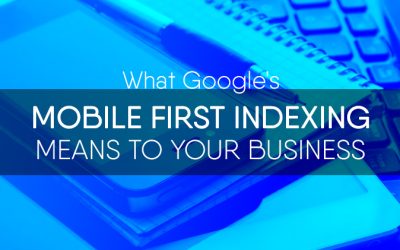Has Google+ arrived too late to the social networking world, or can it use its supportive services and reputation to reach the masses and ensure success?
Google+ is understood to be in the trial stages, but the hype surrounding it has left many users disappointed with the shutdown of invites and bandwidth concerns. How does Google expect to take over the social networking world if it doesn’t have the capacity to do so?
And that’s what leads us to the big question: What will Google+ offer to businesses?
Right now, Google+ is focusing its efforts on perfecting the experience for consumers, leaving businesses in the trail of dust. According to PC Advisor, Google product manager Christian Oestlien says Google is “discouraging businesses from using regular profiles to connect with Google+ users.”
Skeptics wonder just how long they’ll have to wait for this service. With social media marketing at its utmost importance and the Google+ hype surging through online consumers, business owners won’t want to wait too long to get their hands on a Google+ account.
But they shouldn’t fret over the wait. Google’s argument is fair enough in that they want to make sure it’s right before it is released to less tolerant, Internet savvy business owners. Google makes promises that patience will be rewarded when Google+ is finally available to businesses.
Business owners may find some qualities of Google+ to be exceptionally useful, such as privacy control, rich analytics and the integration of other parts of Google or Google Apps that businesses may use on a daily basis.
Google’s Hangout feature may surpass Skype’s capacity for conference calls, as it allows for 10 people to join on one call. Moreover, Google will surely use search as a feature to leverage Google+, increasing businesses’ chances to appear in real-time on user’s search queries.
On the other hand, Google+ has some features that can definitely be seen as undesirable, unclear or unmanageable.
Google+’s Circle feature is designed to build out large networks but to simultaneously manage close circles of friends. Though the power of these connections will become increasingly important to marketers, businesses will have to adapt to the change.
Having 2000 friends or followers won’t mean much anymore, but what will is the conversation and sharing between those close circles. Businesses could maintain a circle of loyalists by offering them deals and freebies. At the same time, they could branch out to a broader network to attract new customers and address company issues. Though, seemingly desirable, the feature requires businesses to work even harder to build and maintain these online relationships.
Are small businesses equipped and ready to put that much effort into a social networking site? This may be a desirable addition for users, but a potentially huge obstacle for companies.
And of course, there comes the old saying, “don’t put all your eggs in one basket.” Google already has a presence in so much of many business’ online presence. Google is likely to take bold privileges in merging and integrating all its Google services whether businesses like it or not.
When they actually have the chance to get their hands on an account, business owners will not benefit from learning the new platform, establishing a social network and engaging in the service if the Internet masses don’t do so as well. In reality, are the 750 million active Facebook users going to make the switch, and will Google+ live up to the social networking legends?
Read more at PC World for their opinion on why Google+ will trump Facebook Pages and greatly benefit small businesses: http://www.pcworld.com/businesscenter/article/235272/why_google_business_profiles_will_trump_facebook_pages.html



